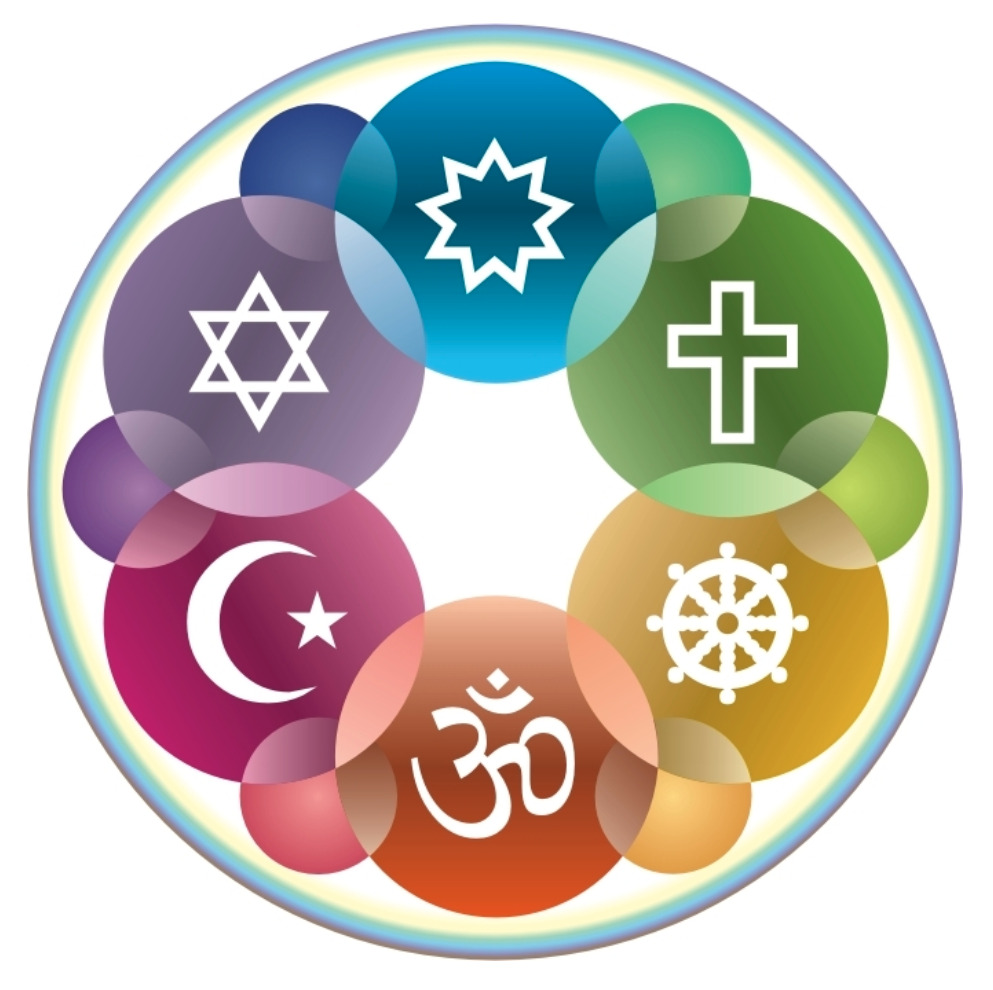Most people associate December holidays with Christmas or Hanukkah, but there is a lot more to the month than that.
The holiday of Ashura is very important in the Islamic faith, especially for the Shia sect of Islam, in which it is the most important day of the Islamic calendar and a day of mourning. Sunnis observe the holiday by fasting in solidarity with Moses and the Israelites during their exodus from biblical Egypt.
Yule or Yuletide, the precursor to Christmas, may be a more familiar holiday. Pagan religions celebrate this holiday that represents the Winter Solstice and Father Yule, who was thought to be Odin or Wodan, is the head of the celebration. Many Christmas traditions, such as the Christmas tree, mistletoe, the wreath we put on our door, and Santa Claus, who, like Wodan, has a large white beard and owns a flying reindeer, originated in Yule.
In my own religion, Hanukkah is one of my favorite holidays, perhaps because it is our only holiday that does not involve sitting in an uncomfortable chair for four hours. I get to eat delicious fried donuts, sufganiyot (jelly-filled donuts) and latkes (potato pancakes), and I can gamble with chocolate when playing with dreidels. The next holiday after Hannukah, Tu B’Shevat, is the day of trees, which entails planting a tree in Israel. In the end there’s a lot to do this Winter, whether you celebrate Christmas, Kwanzaa, or National Llama Day. Happy Holidays!
